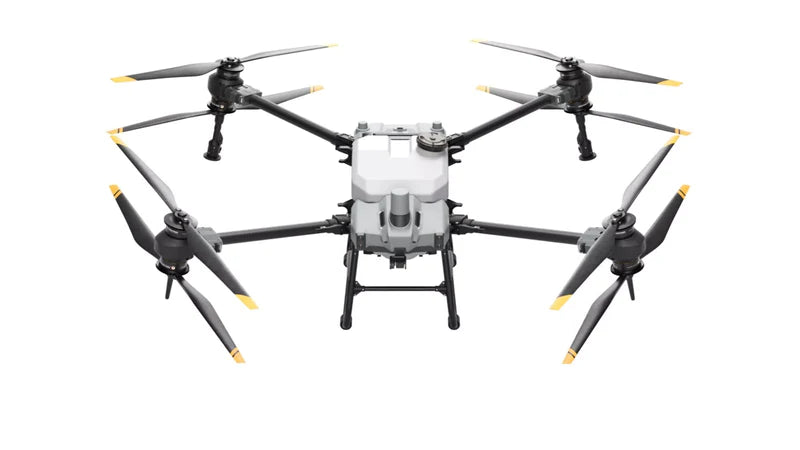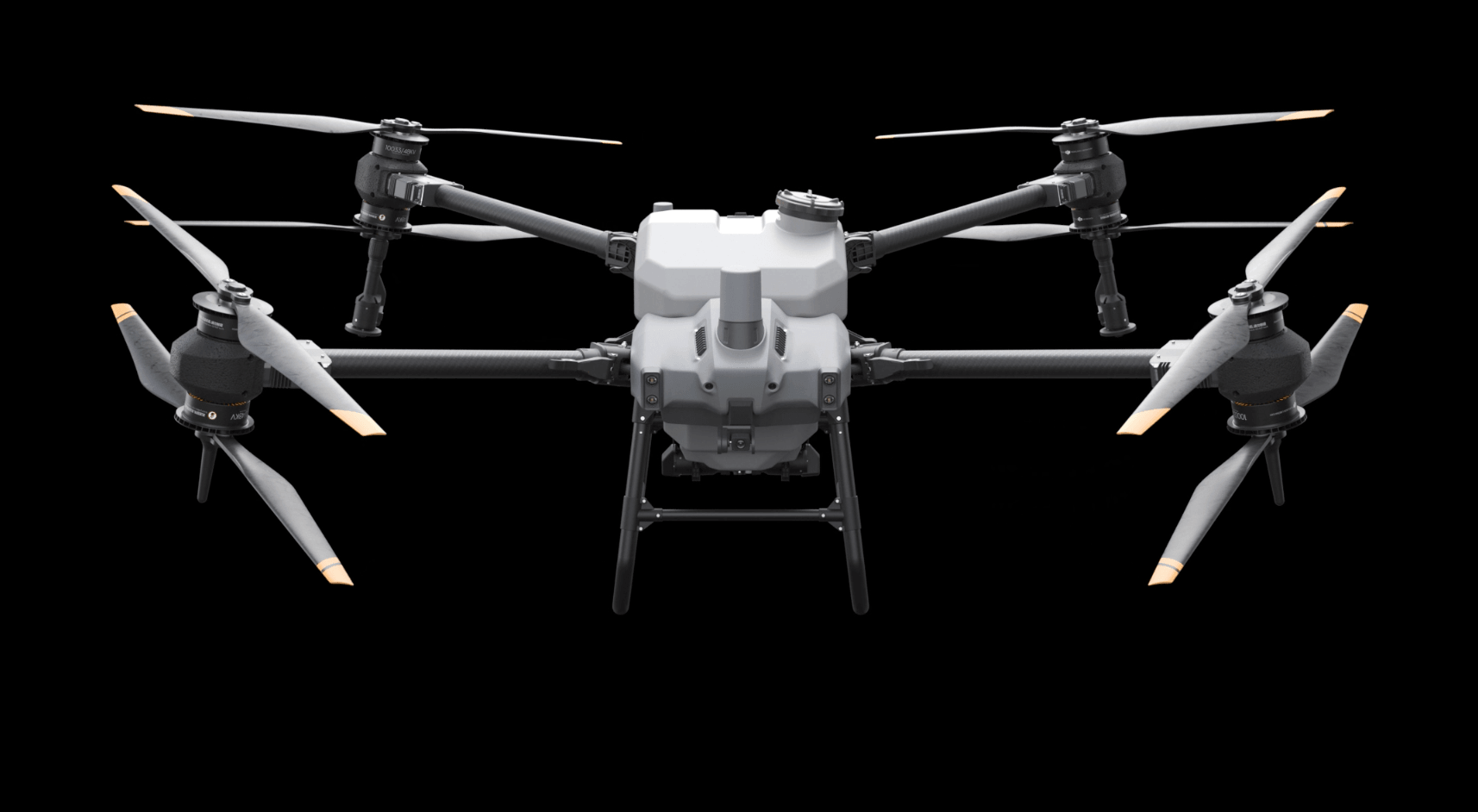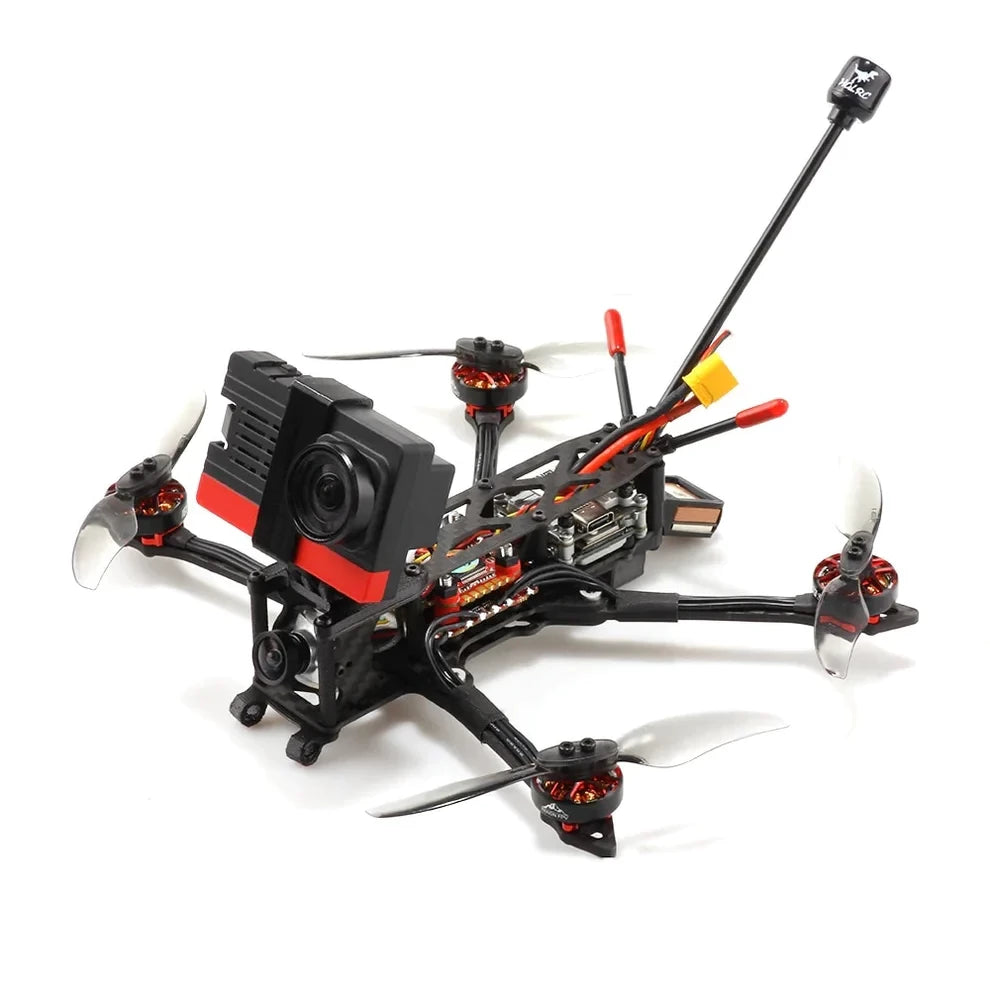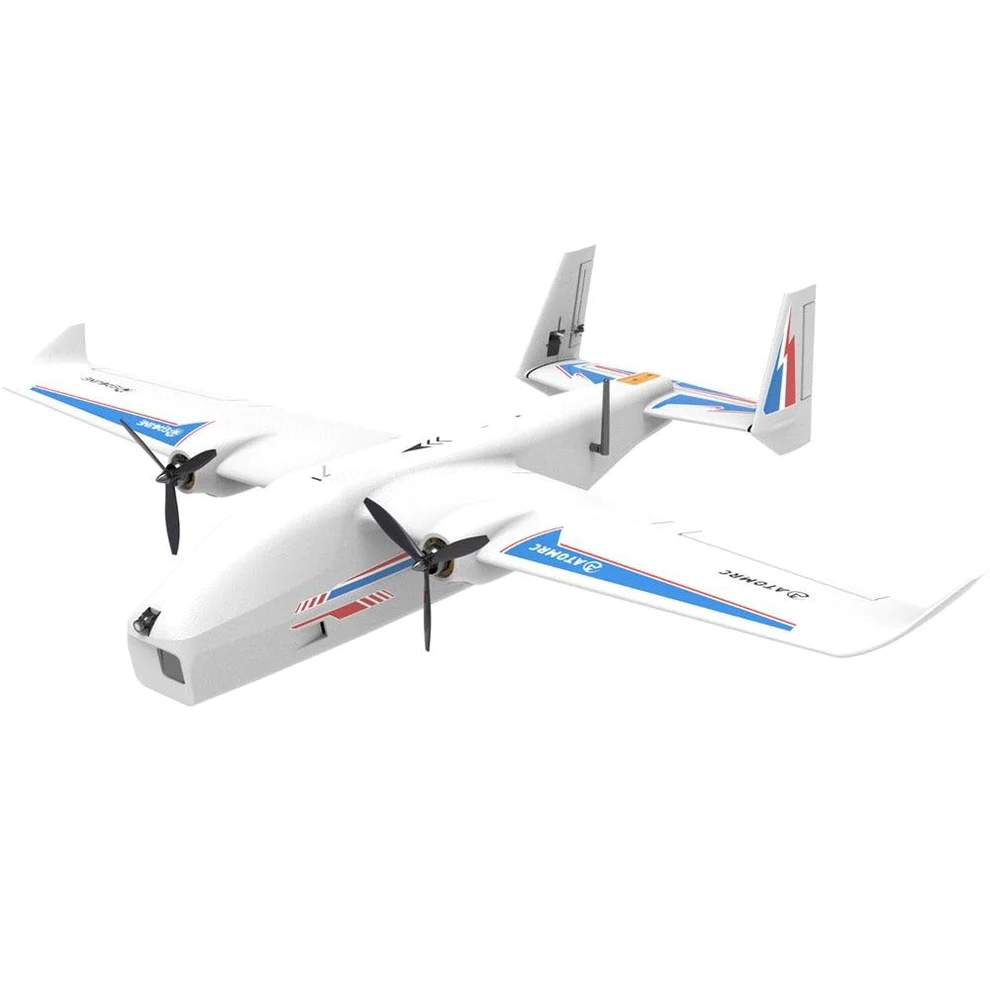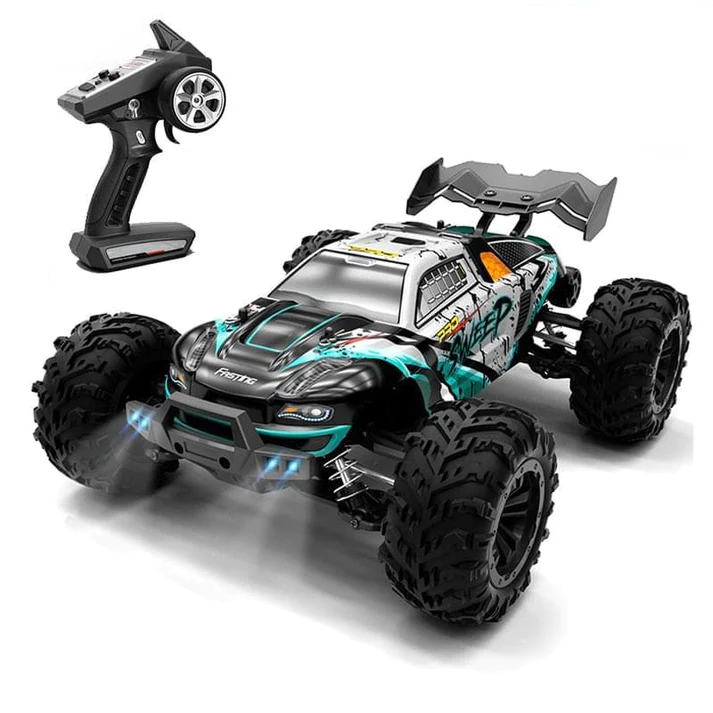DJI Agras T40 Sprayer Drone
- 52 acres (21.3 Hectare) per flight hour
- 10.56 gallons (40 liters ) spray tank
- 12-megapixel adjustable camera
- 36 ft (11m) Swath (Spray Width)
- Centrifugal Nozzles
- Coaxial Twin Rotor
All the Combo Choise are ready for flight and spraying. If you need more accessories, you can buy them separately.
What's Include:
Basic Combo
- 1 x DJI Agras T40
- 1 x Spraying System
- 1 x Battery
- 1 x Remote Controller
- 1 x Charger
Standard Combo
- 1 x DJI Agras T40
- 1 x Spraying System
- 2 x Battery
- 1 x Remote Controller
- 1 x Charger
Fly More Combo
- 1 x DJI T40 Drone
- 1 x Spraying System
- 3 x Battery
- 1 x Charger
- 1 x Remote Controller
More Optional Accessoreis:
Same series products: DJI T50
The DJI Agras T40 sprayer drone sprays up to 52 acres in one flight hour. This drone has four arms; however, on each arm, there are two motors and two pairs of propellers (54 inches props).
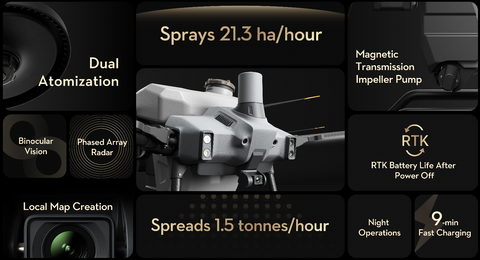
Payload Capacity
The DJI Agras T40 has a liquid payload of 40 liters (10.56 gallons). The tank can hold pesticides, herbicides, fungicides, and other liquid chemicals. Most of the Agras sprayer drone users spray between 1 to 5 gallons per acre which is a much more concentrated material used in ground applications. If you spray 2 gallons per acre, the DJI Agras T40 tank can hold enough liquid to spray up to five acres in one flight.
Dual Atomized Centrifugal Nozzles
The all-new dual atomized centrifugal nozzles have two spinners that make the droplets more uniform in size, avoid splashing, and dripping, and prevent clogging when spraying powder-based chemicals.
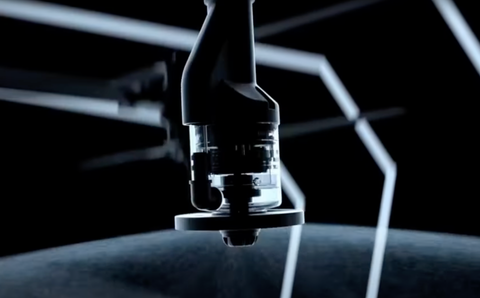
Local Map Creation
For the first time, the Agras T40 has a 12-megapixel camera with an adjustable gimbal to take high-quality pictures of the field while flying, and Agras T40's remote controller can process the images in real-time.
RC mapping System ( maps 6.67 hectares in 10 mins)
The map creation process for orchard
First, the Agras T40 pilot draws out the border around the field that he wants to spray, then the Agras T40 drone will take off and takes pictures of the area and transmits them to the remote controller, where the remote controller works as a powerful computer and stitches the photos together to create a 3D map of the area then you will be able to create a spraying mission on the same remote controller for your DJI Agras T40 drone to spray the orchard or the mountainous areas. If you would like to spray corn, soybean, sugar cane, row crops, or any other flat crop, you do not need to take pictures first, and you can create a 2D spray mission on the google map on your Agras T40 remote controller.
Battery
The Agras T40 battery can be charged in almost 10 minutes when the charger is connected to a three-phase 240-volt outlet.
The Agras T40 battery has 1,500 Charging cycles
Magnetic Drive Impeller Pump
Updated Magnetic drive Transmission Impeller Pumps of the Agras T40 have a Massive flow rate of 12L/min. The new DJI pump design separates the pump motor and the fluid to provide a zero-corrosion pump.
110 lbs (50 Kg) Spreader Attachment
The Agras T40 Spreader can carry 110 lbs (50kg) of dry material and has a 70 Liter tank. The T40 spreader's new lid is much larger, which increases the spreading efficiency by reducing the refilling time. The T40 users can spray 1.5 tons of dry material per flight hour at the standard flight height of 10 ft (3m), with a spread width of 22.9 ft (7m) and an operational speed of 15.65 mph when spreading 133 lbs per acre (150 kg per hectare).
Improved Obstacle Avoidance System
The new active phased array radar of the Agras T40 has a 164 ft (50m) detection range. In addition to the mentioned radar, the Agras T40 is equipped with a binocular vision system that allows 3D terrain mapping and optimal bypassing of obstacles.
Aircraft Parameters
| Total weight | 38 kg (without battery);50 kg (with battery) |
Max Takeoff Weight[1] |
Max takeoff weight for spraying: 90 kg (at sea level) Maximum takeoff weight for spreading: 101 kg (at sea level) |
Max Diagonal Wheelbase |
2184 mm |
Dimensions |
2800 mm × 3150 mm × 780 mm (arms & propellers unfolded) 1590 mm × 1930 mm × 780 mm (arms unfolded, propellers folded) 1125 mm × 750 mm × 850 mm (arms folded) |
Hovering Accuracy Range (with strong GNSS signal) |
RTK positioning enabled: ±10 cm horizontal, ±10 cm vertical RTK positioning disabled: ±60 cm horizontal and ±30 cm vertical (radar enabled: ±10 cm) |
RTK/GNSS Operating Frequency |
RTK: GPS L1/L2, GLONASS F1/F2, BeiDou B1/B2, Galileo E1/E5 GNSS: GPS L1, GLONASS F1, Galileo E1, BeiDou B1 |
Hovering Time[2] |
Hovering without payload: 18 min (@30000 mAh & takeoff weight 50 kg) Hovering and spraying with full payload: 7 min (@30000 mAh & takeoff weight 90 kg) Hovering and speading with full payload: 6 min (@30000 mAh & takeoff weight 101 kg) |
Max flight radius can be set |
2000 m |
Max Wind Resistance |
6 m/s |
|
|
Propulsion System - Motor
Stator Size |
100×33 mm |
Motor KV Value |
48 RPM/V |
Motor Power |
4000 W/rotor |
Propulsion System - Propeller
Diameter |
54 inch |
Rotor Quantity |
8 |
Dual Atomized Spraying System - Operation Box
Operation Box Capacity |
Full load 40 L |
Operating Payload |
Full load 40 kg[1] |
Dual Atomized Spraying System - Sprinkler
Sprinkler Model |
LX8060SZ |
Sprinkler Quantity |
2 |
Droplet Size |
50-300 μm |
Max Effective Spray Width[3] |
11 m (relative operating altitude 2.5 m, flight speed 7 m/s) |
|
|
Dual Atomized Spraying System - Water Pump
Pump Model |
Magnetic Drive Impeller Pump |
Max Flow Rate |
6 L/min*2 |
T40 Spreading System
Applicable Materials |
Solid dry particles with a diameter of 0.5 to 5 mm |
Spread Tank Volume |
70 L |
Spread Tank Internal Load |
50 kg[1] |
Spread Width of Spreading System[4] |
7 m |
Recommended Operating Temperature |
0°C to 40°C (32°F to 104°F) |
Active Phased Array Omnidirectional Radar
Model Number |
RD2484R |
Terrain Follow |
Max incline: 30° |
Obstacle Avoidance[5] |
Sensible distance (horizontal): 1.5-50 m FOV: 360° horizontal, ±45° vertical Operating conditions: Flying higher than 1.5 m over the obstacle at a speed not exceeding 7 m/s Safe distance: 2.5 m (distance between the propeller tip and obstacle when the aircraft is hovering after braking) Sensing direction: horizontal omnidirectional avoidance; Sensible distance (above): 1.5-30 m FOV: 45° Operating conditions: Available during takeoff, landing, and ascending when an obstacle is more than 1.5 m above the aircraft Safe distance: 2.5 m (distance between the top of the aircraft and the obstacle when the aircraft is hovering after braking) Sensing direction: Upward |
Active Phased Array Backward and Downward Radar
Model Number |
RD2484B |
Altitude Detection[5] |
Within the altitude detection range: 1-45 m Fixed altitude range: 1.5-30 m |
Rear Obstacle Avoidance[5] |
Sensible distance (rear): 1.5-30 m FOV: ±60° horizontal, ±25° vertical Operating conditions: Available during takeoff, landing, and ascending when an obstacle is more than 1.5 m behind the aircraft and the flight speed does not exceed 7 m/s Safe distance: 2.5 m (distance between the propeller tip and obstacle when the aircraft is hovering after braking) Sensing direction: backward |
Binocular Vision System
Measurable Range |
0.4-25 m |
Effective Sensing Speed |
≤7 m/s |
FOV |
Horizontal: 90; Vertical: 106° |
Work Environment Requirements |
Normal lighting with clearly textured surfaces |
|
|
Intelligent Remote Controller
O3 Pro Operating Frequency[6] |
2.4000 to 2.4835 GHz 5.725 to 5.850 GHz |
O3 Pro Signal Effective Distance |
SRRC: 5 km MIC/KCC/CE: 4 km FCC: 7 km (aircraft altitude at 2.5 m in an unobstructed environment with no interference) |
Wi-Fi Protocol |
WIFI 6 |
Wi-Fi Operating Frequency[6] |
2.4000 to 2.4835 GHz 5.150 to 5.250 GHz 5.725 to 5.850 GHz |
Bluetooth Protocol |
Bluetooth 5.1 |
Bluetooth Operating Frequency |
2.4000-2.4835 GHz |
Location |
GPS + Galileo + BeiDou |
Display Screens |
7.02-inch touch LCD with 1920*1200 resolution and 1200cd/m brightness2 |
Supported Aircraft |
AGRAS T40, AGRAS T20P |
Operating temperature |
-20°C to 50°C (-4°F to 122°F) |
Storage Temperature Range |
-30°C to 45°C (within one month) -30°C to 35°C (between one month and three months) -30°C to 30°C (between three months and one year) |
Charging Temperature |
5° to 40°C (41° to 104°F) |
Internal Battery Life |
3.3 hours |
External Battery Life |
2.7 hours |
Charging Type |
Use a USB-C charger with a maximum rated power and voltage of 65 W and 20 V. The DJI Portable Charger is recommended. |
Charging Time |
Two hours for both internal and internal plus external batteries (to use the official charging method when the aircraft is off) |
T40 Intelligent Flight Battery
Model |
BAX601-30000mAh-52.22V |
Weight |
Approx. 12 kg |
Capacity |
30000 mAh |
Voltage |
52.22 V |
D12000iE Multifunctional Inverter Generator
Output Channel |
1. DC charging output 42-59.92V/9000W 2.Power supply for air-cooled heat sink 12 V/6 A 3.AC output 230V/1500W or 120V/750W [7]. |
Battery Charging Time |
To fully charge one battery (T40 battery) takes 9-12 mins |
Fuel Tank Capacity |
30 L |
Starting Method |
Starting the Generator via the One-Button Start Switch |
Max Power of Engine |
12000 W |
Fuel Type |
Unleaded gasoline with RON ≥91 (AKI ≥87) and alcohol content less than 10% (*Brazil: unleaded gasoline with RON ≥ 91 and alcohol content of 27%) |
Reference Fuel Consumption [8] |
500 ml/kWh |
Engine Oil Model |
SJ 10W-40 |
Definition
-
[1] Data was measured at sea level. The payload weight is greatly affected by the ambient temperature and altitude. The payload weight needs to be reduced by 10 kg for every 1,000m increase in altitude. The DJI Agras app will recommend the payload weight according to the current status and surroundings of the aircraft. When adding materials, the maximum weight should not exceed the recommended value, otherwise flight safety may be compromised.
[2] Hovering time measured at sea level with a wind speed lower than 3 m/s and ambient temperature of 25°C, when the battery power fell from 100% to 0%. The data is for reference only. The actual environment may differ from the testing environment. The figure listed is for reference only.
[3] The spray width of the spraying system depends on the operating scenario.
[4] The spread width of the spreading system depends on the operating scenario.
[5] The effective sensing range varies depending on the material, position, shape, and other properties of the obstacle.
[6] In some countries, the 5.1 and 5.8GHz frequencies are prohibited, or the 5.1GHz frequency is only allowed for indoor use. Please refer to local laws and regulations. [7] The actual power and voltage may vary according to local regulations
[8] Measured using RON 92 gasoline at near sea level with an ambient temperature of 25°C, while charging at 9 kW. -
The terms HDMI, HDMI High-Definition Multimedia Interface, HDMI Trade dress and the HDMI Logos are trademarks or registered trademarks of HDMI Licensing Administrator, Inc.

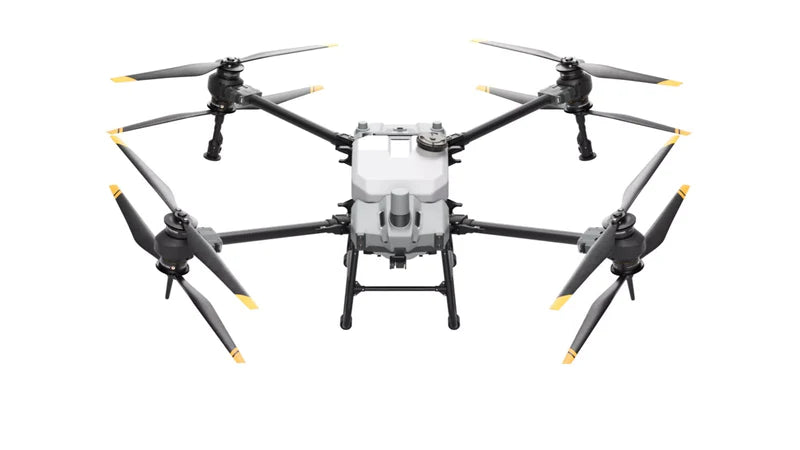
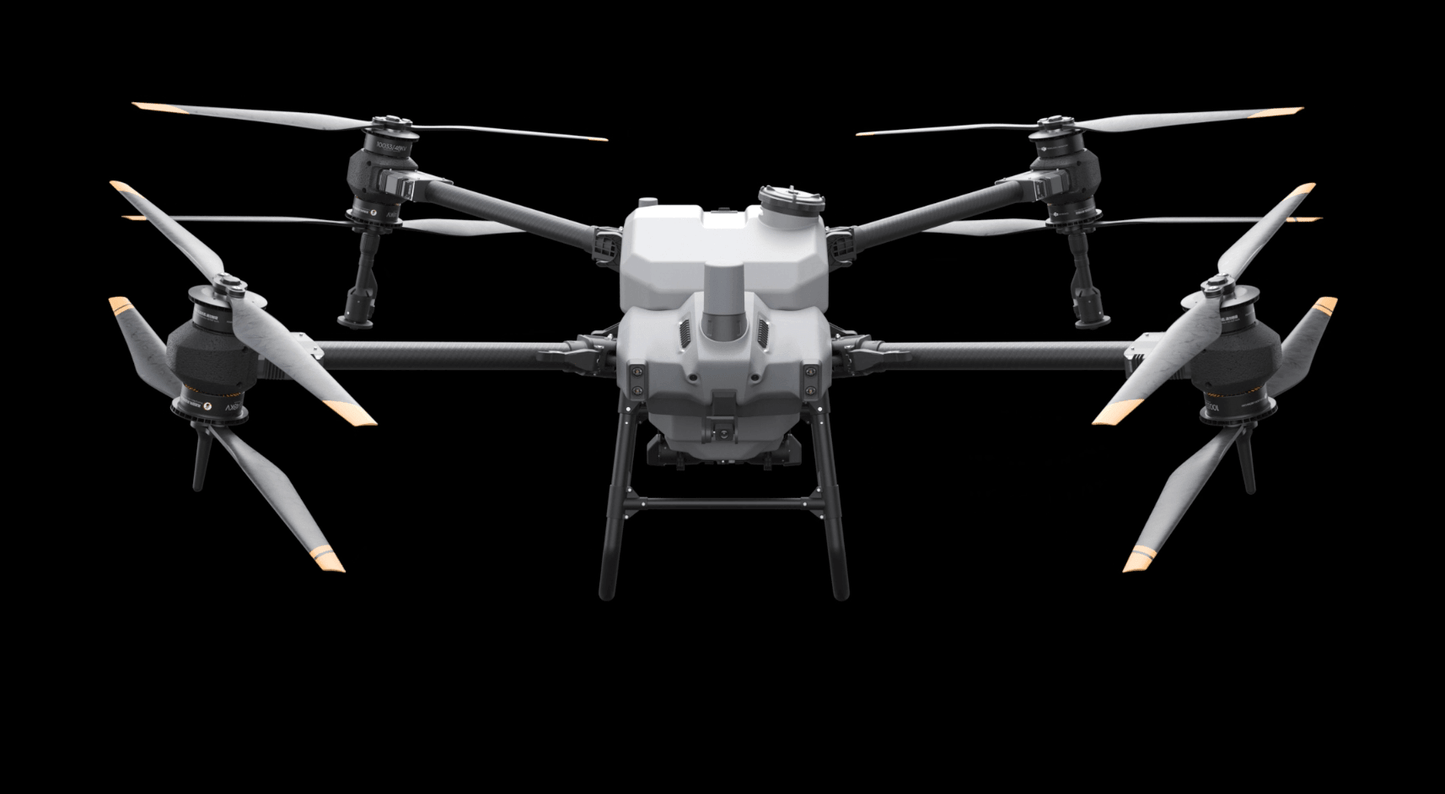


























Drone Categories
-
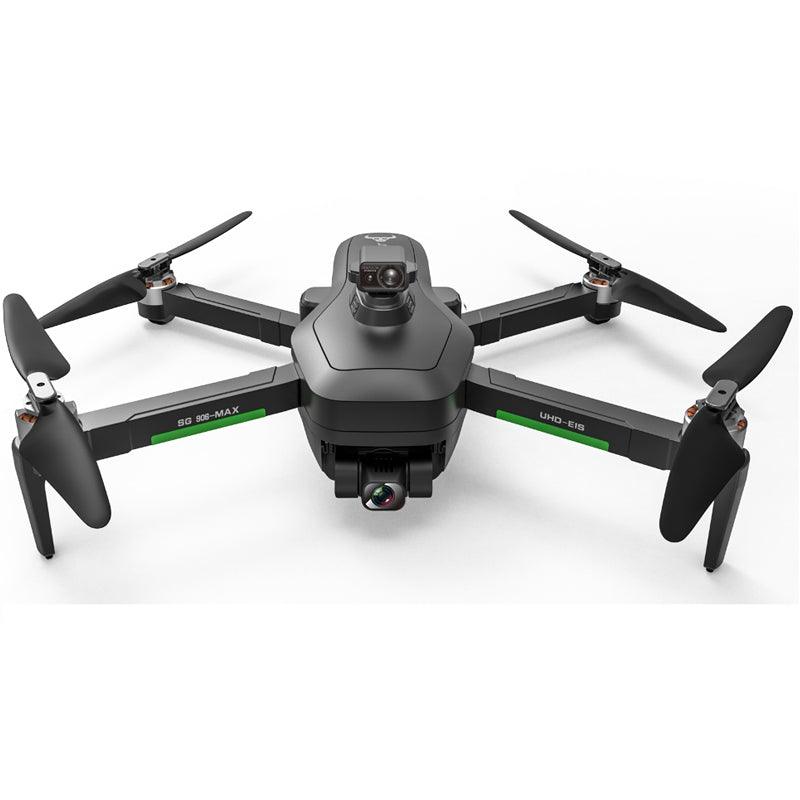
All Drones
All Drones This includes a wide variety of drone The...
-
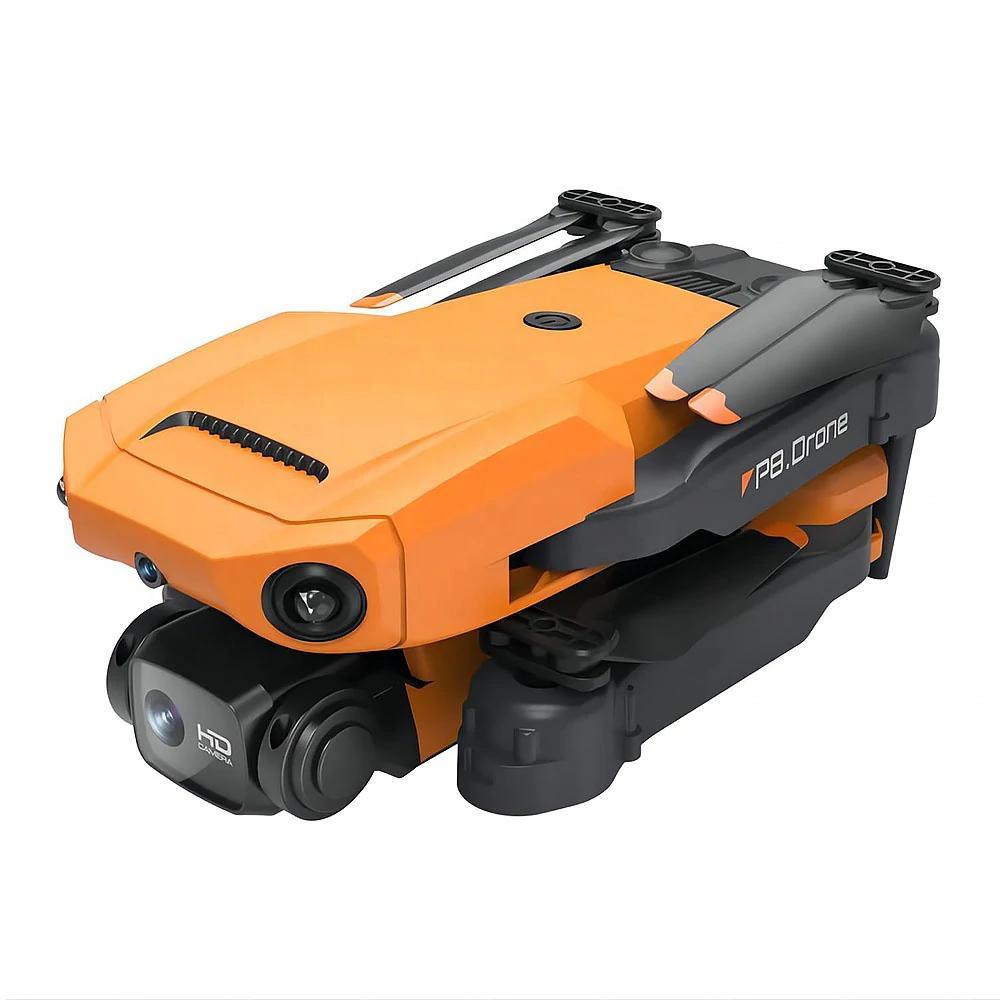
Mini Drone
The characteristics of mini drones are small size, light weight, portable, short...
-
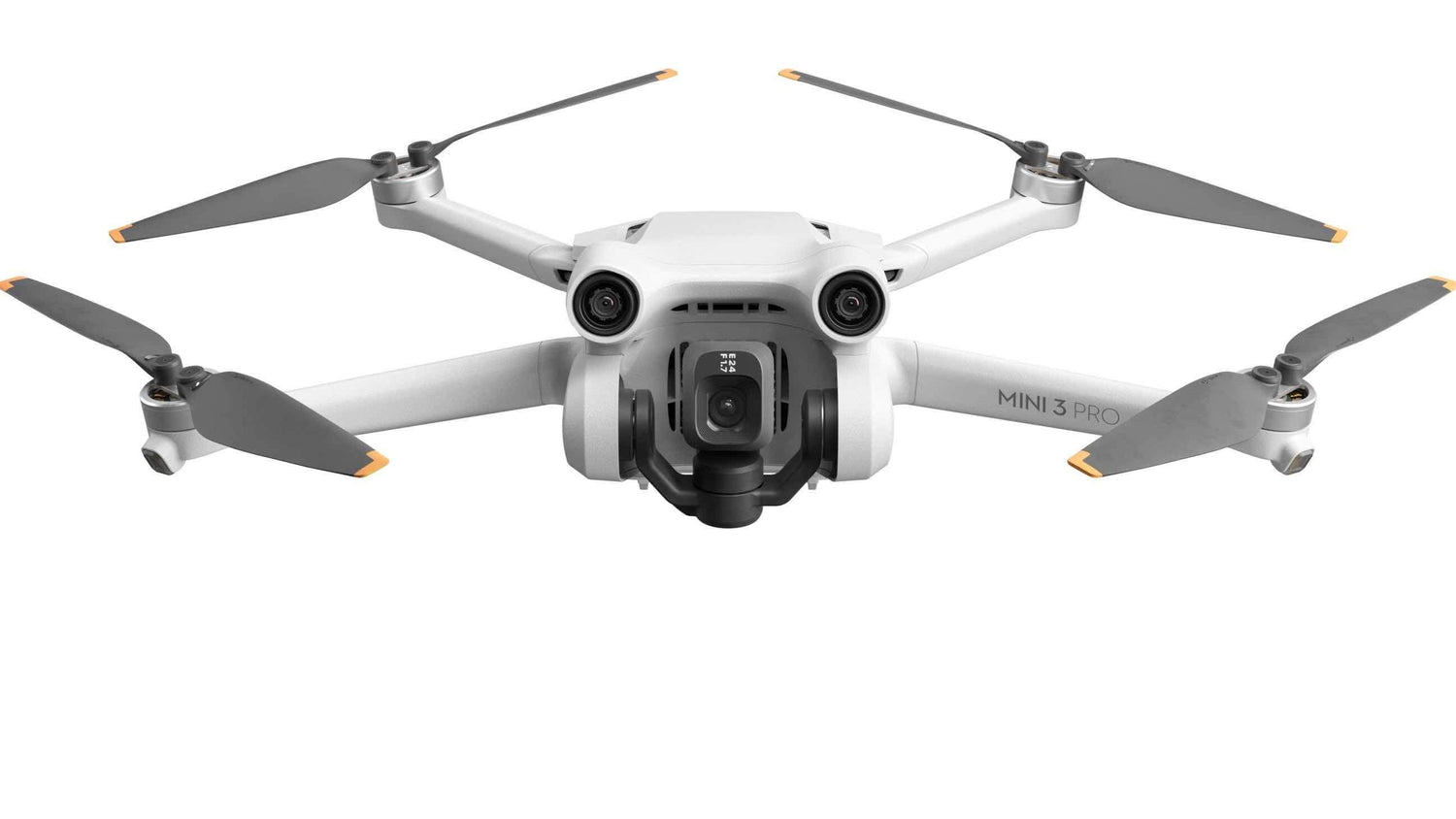
Camera Drone
Camera Drone is very suitable for photography enthusiasts, basically equipped with 3-axis...
-
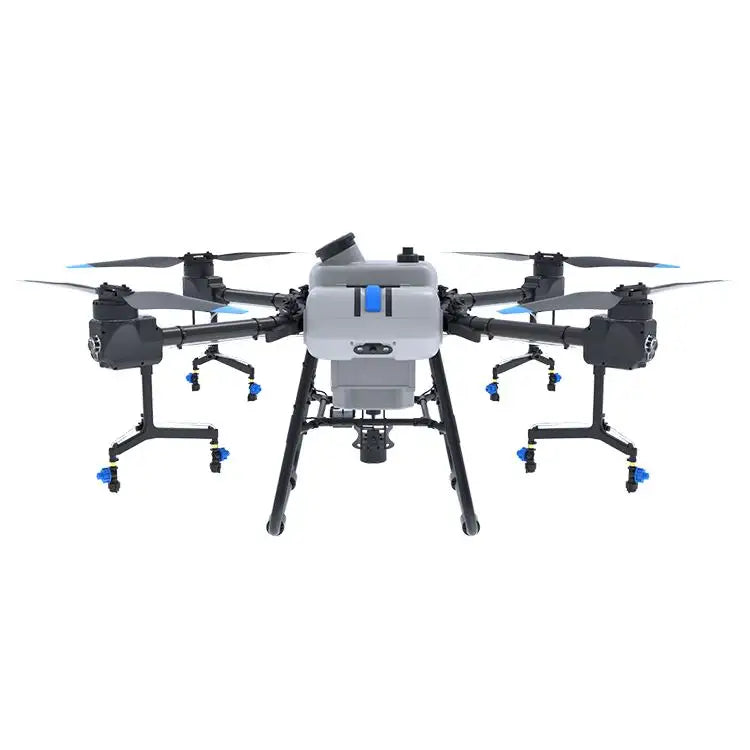
Agriculture Drone
What is Agriculture Drone? Agriculture drones, also known as precision agriculture drones...
-
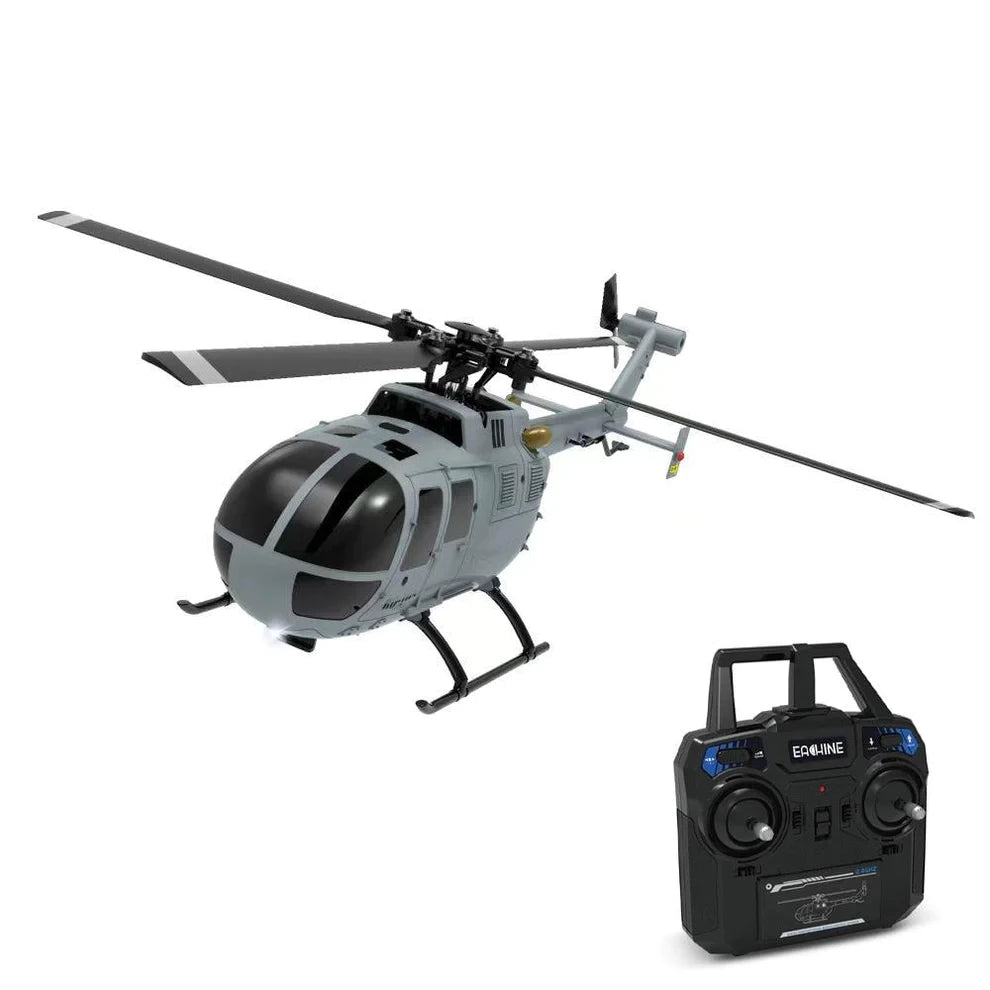
Rc Helicopter
RC helicopters, also known as remote-controlled helicopters, are miniature aircraft that are...
-
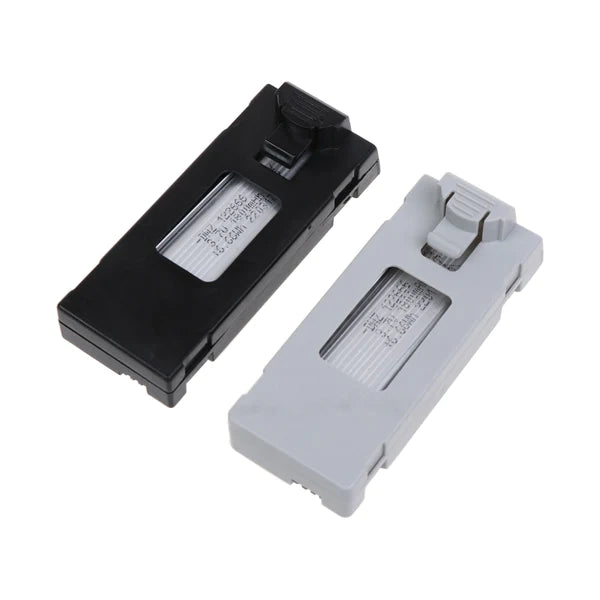
Drone Battery
Drone Battery, the most common batteries used in drones are lithium polymer (LiPo)...
-
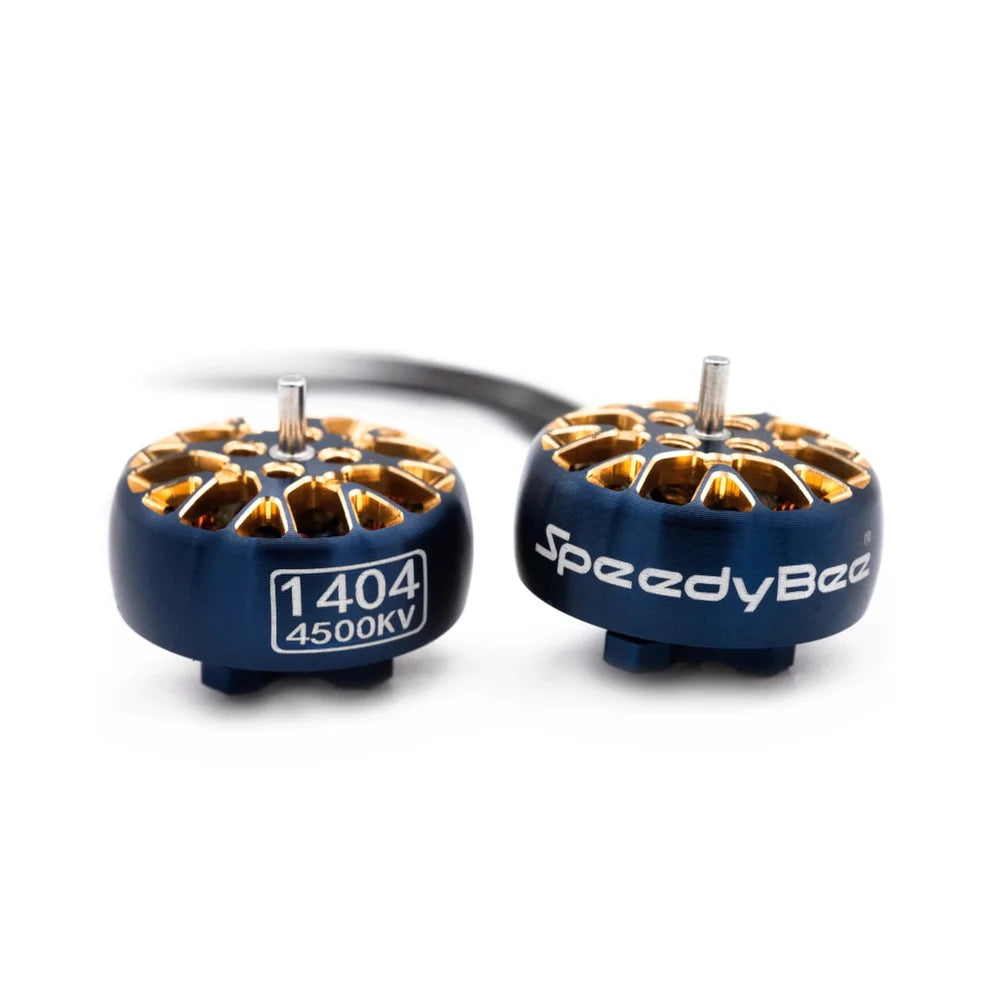
Drone Motor
Drone Motors, FPV Motors,Airplane Motors,Helicopter Motors, Car Motors. Drone motors are classified...
-
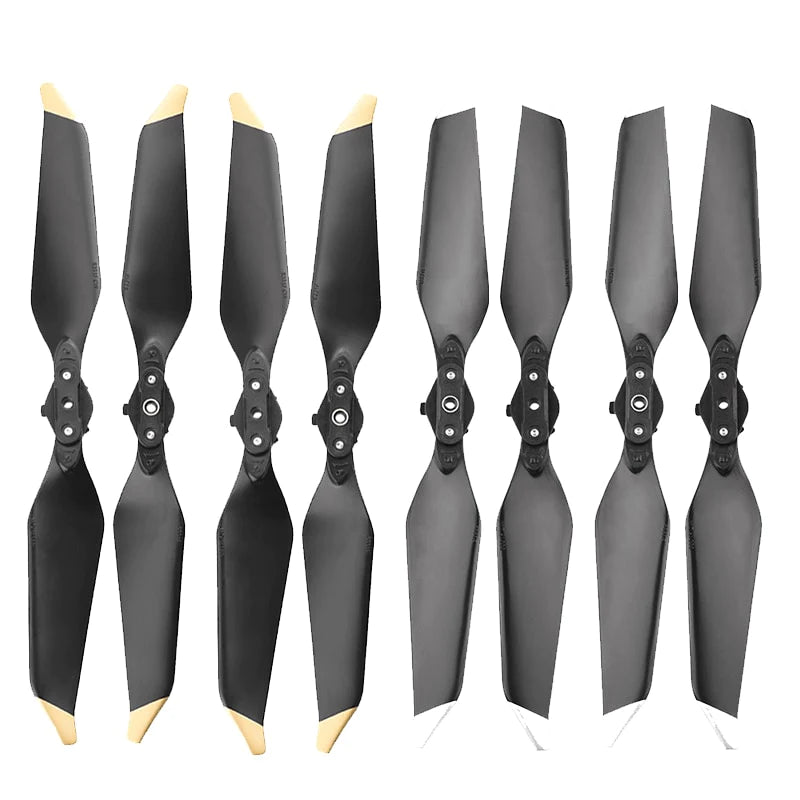
Drone Propeller
Drone Propeller: A drone propeller is a rotating component that generates thrust...
-
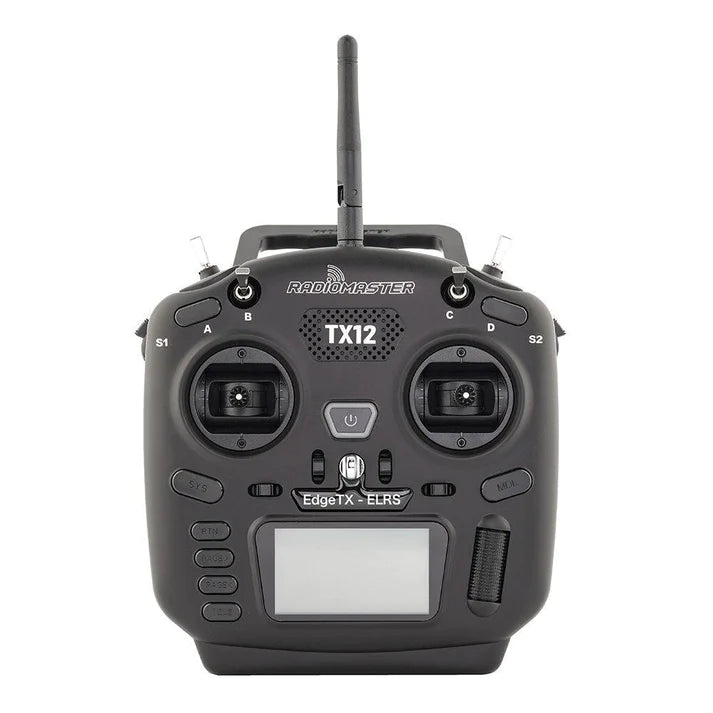
Drone Remote Controller
Drone Remote Controller, Transmitter When choosing a remote controller for a drone,...
-
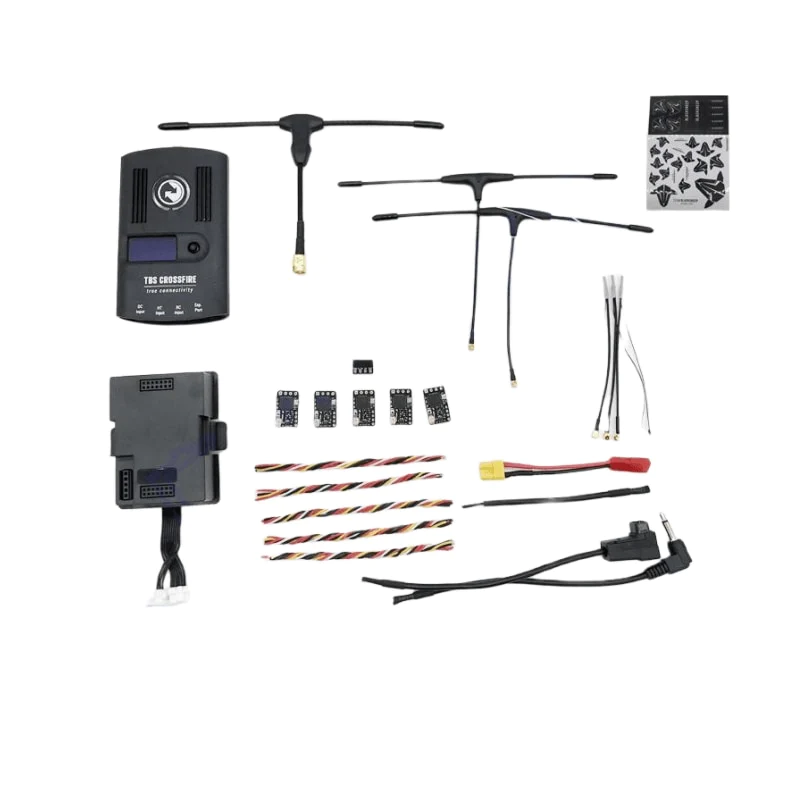
Drone Transmitter & Receiver
Drone Transmitter & Drone Receiver FPV Transmitter & FPV Receiver Drone Transmitter and...
-
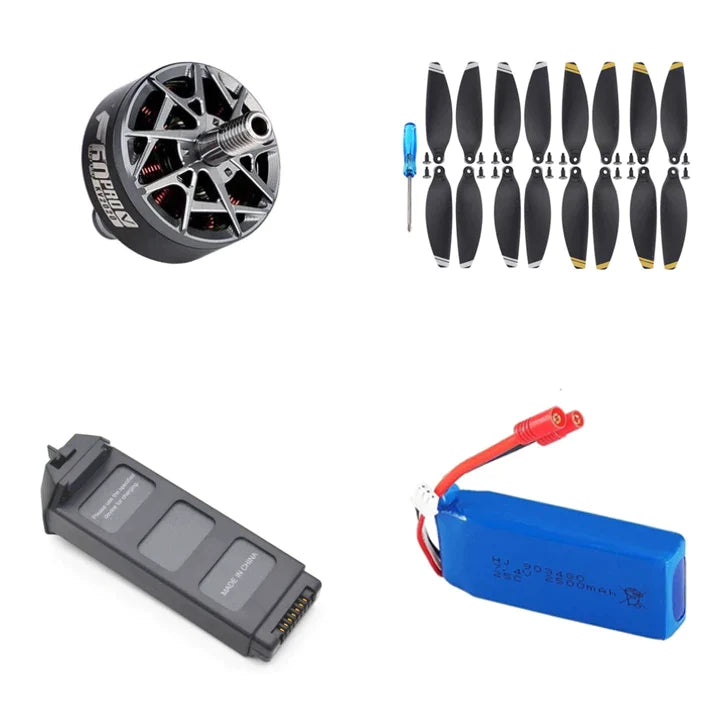
Accessories
Drone Accessories Quadcopter Frame. This is a structure (frame) in which all...

